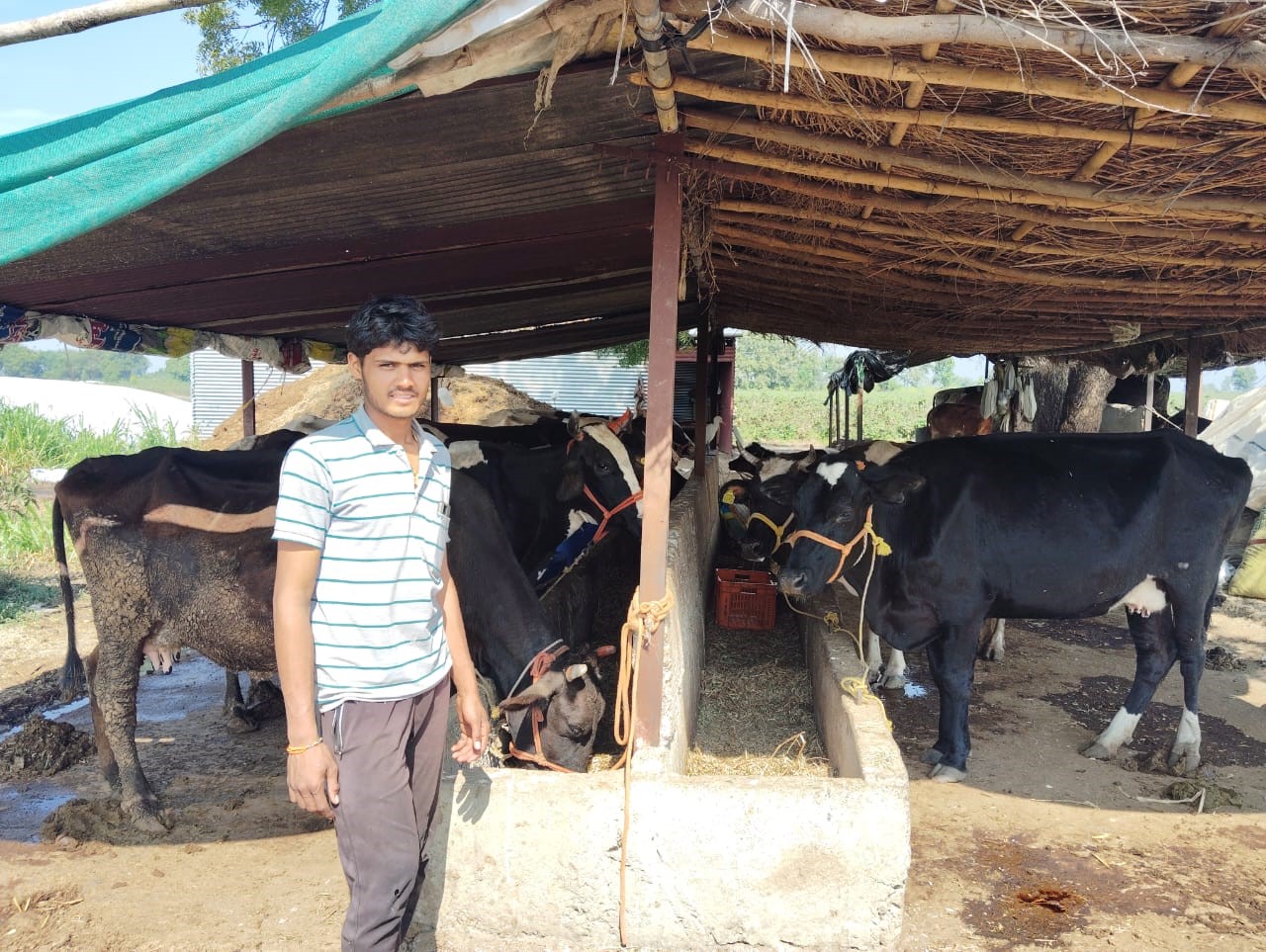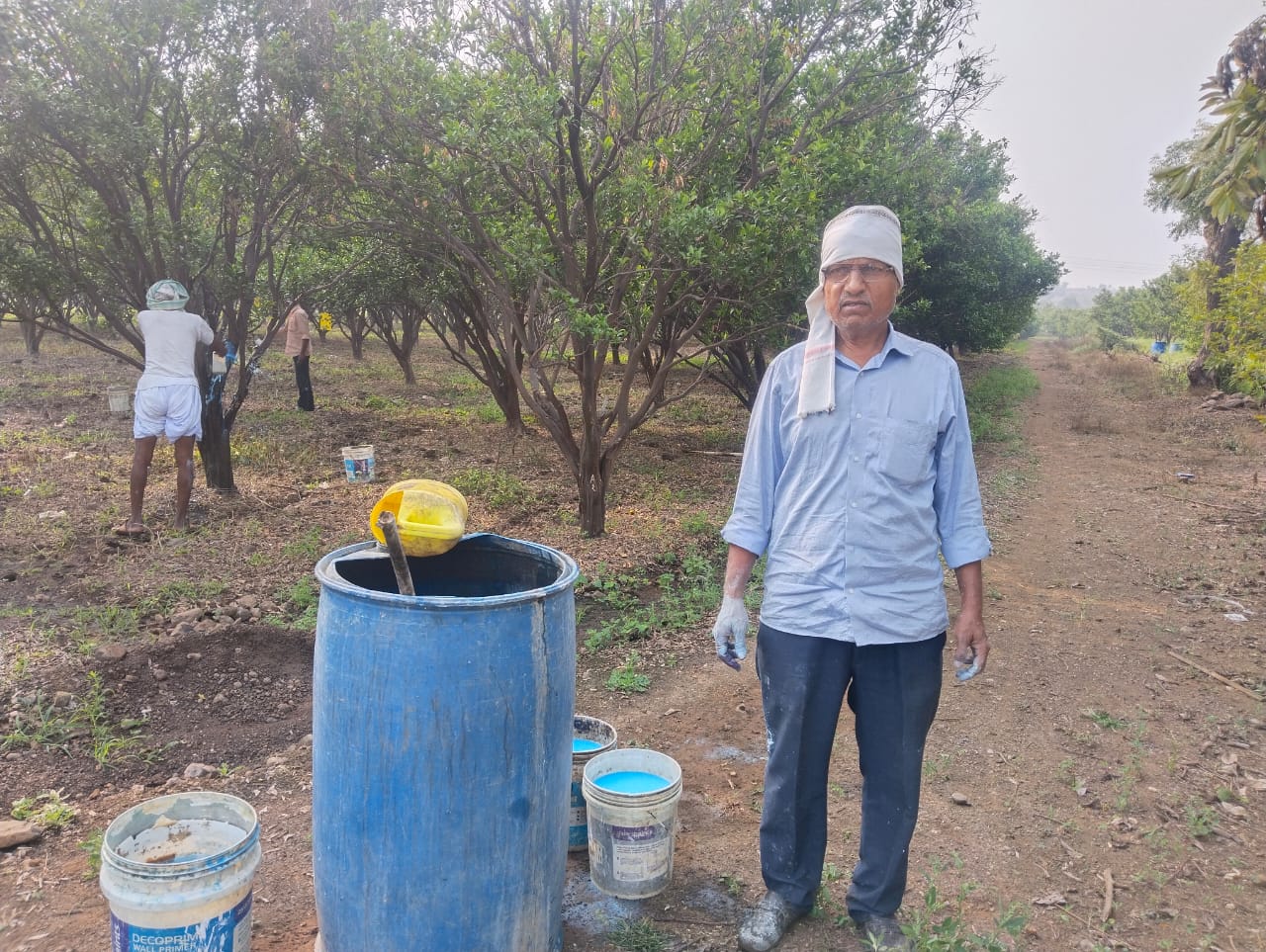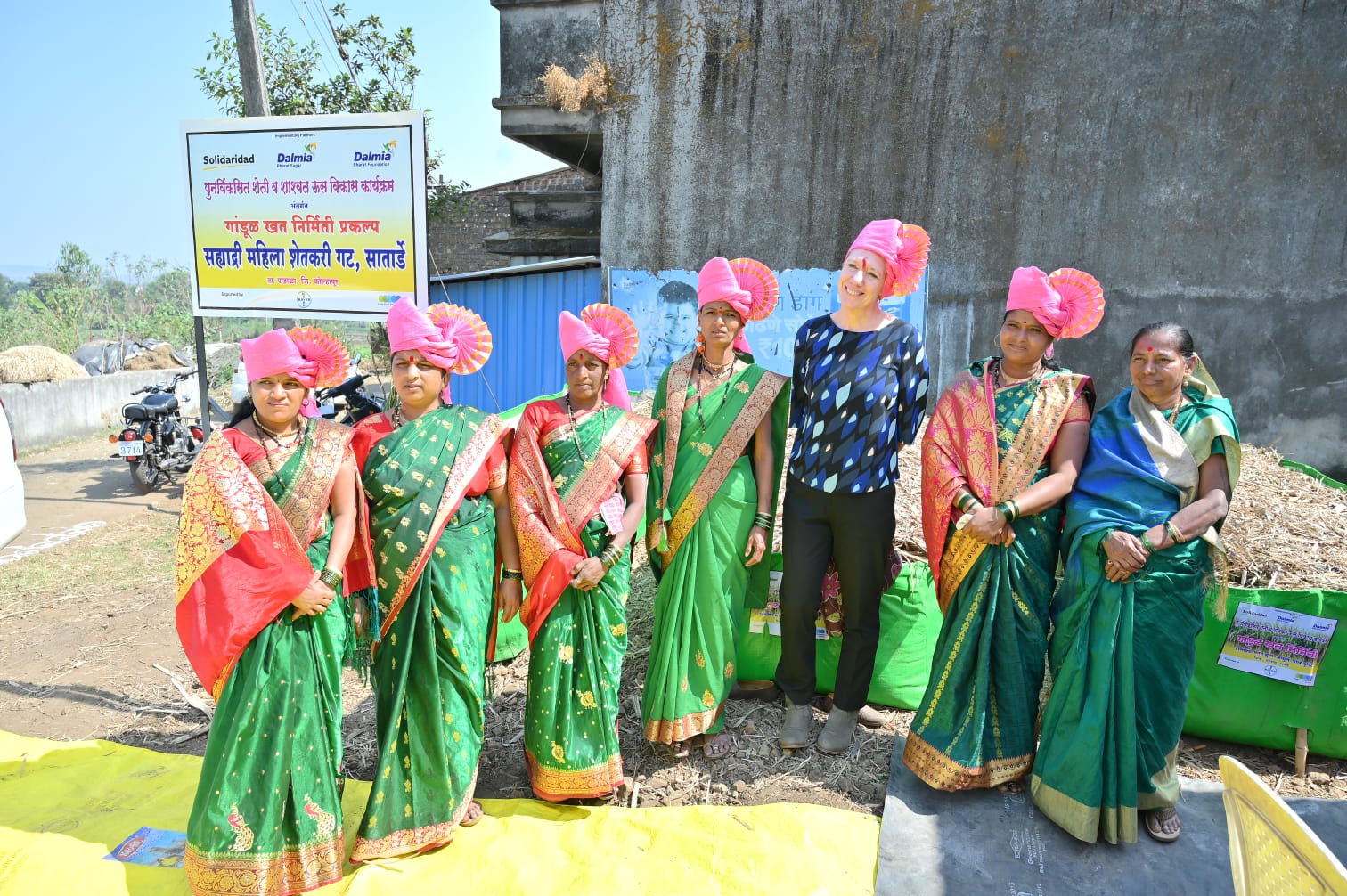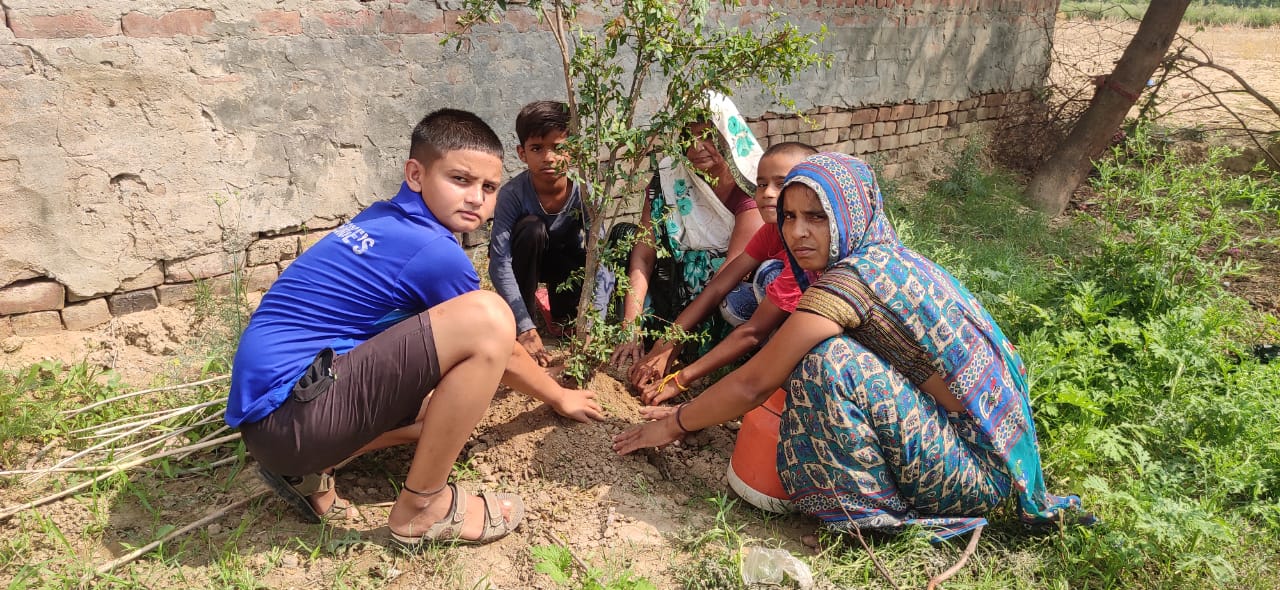GAIN’s Workforce Nutrition programme aims to improve the nutrition of workers and farmers in low- and middle-income countries or communities
The Global Alliance for Improved Nutrition (GAIN) is a Swiss-based foundation launched at the UN in 2002 to tackle the human suffering caused by malnutrition. Working with both governments and businesses, the organization aims to transform food systems so that they deliver more nutritious food for all people by making healthier food choices more desirable, more available, and more affordable. GAIN’s mission is to advance nutrition outcomes by improving consumption of nutritious and safe food for all people, especially the most vulnerable to malnutrition.
GAIN’s current portfolio of projects in India primarily focuses on large impact interventions, such as Large-Scale Food Fortification, Commercialization of Biofortified Crops and Workforce Nutrition. The non-profit offers high quality know-how on transforming food systems to improve the consumption of nutritious and safe food for all people, especially the most vulnerable.
GAIN’s alliance-based approach and its ability to engage critically and productively with the private sector differentiate it amongst other development agencies. The organization aims to support and advise the Government of India and state governments, the private sector, and development partners, as they build and mobilize food and nutrition plans to advance nutrition outcomes.
Workforce Nutrition
The Workforce Nutrition programme in India works in partnership with global tea brands, tea estate managements, and local tea associations to address nutritional issues in the tea supply chain in India, Kenya, and Malawi; the India programme is the largest. Funded by the Government of Netherlands with matching co-contribution from the private sector, the programme focuses on improving nutrition outcomes by increasing the consumption of nutritious and safe food by tea workers and their family members.
Since its launch in 2016, GAIN has reached more than 43,000 small-scale farmers and workers in the tea supply chains in Assam and Tamil Nadu. The programme is tailored to improve the awareness, access, and consumption of nutritious food along with handwashing practices amongst tea workers’ families. Through its efforts, the project has established GAIN as a trusted partner in the tea sector.
The programme consists of two major components- the first aspect consists of demand generation activities such as street plays, nutri-games, cooking competitions, cooking demonstrations, and home visits which help in bringing behavior change in the community. The second aspect consists of improving access to nutritious food and hygiene products provided through a network of women entrepreneurs and changing market mechanisms for estate retail stores around the geography of these communities.
Funded by multiple donors, that include the Government of Netherlands, Unilever, Taylors of Harrogate, Republic of Tea, and a few other global tea companies, the project is currently ongoing in 37 tea estates in Dibrugarh district of Assam. With the successful results of the project, GAIN is now scaling up the “Workforce Nutrition” in 110 tea estates in Assam with a target to cover 110,000 tea workers and families by 2022.
Linkages with the SDGs
The Workforce Nutrition (WFN) programme addresses a variety of nutrition-related problems through its components. The programme targets to improve indicators such as consumption of nutritious food groups and awareness on importance of nutrition which directly influences SDG 2 (Zero hunger) and SDG 3 (Good Health). It encompasses measures to reduce chronic and acute deficiencies as well as improve maternal and child health. In addition, the programme also aims to improve the accessibility to nutritious food products at the doorstep through rural women who are selected from the community as social entrepreneurs targeting to improve SDG 5 (Gender Equality) and SDG 1 (No Poverty) indirectly.
The programme also presents a significant opportunity for public and private sectors to collaborate to reduce the global malnutrition burden and drive business value. This unique opportunity to impact the health and wellbeing of the population at large is also recognized by the International Labor Organization’s (ILO) Better Work Program, which is also a part of the Decent Work agenda of SDG 8.
Defining development
“Development is a process enabling the rise in quality and level of social and economic mobility of all layers of the population. It creates growth, progress, and positive change in the socio-cultural and economic milieu of all strata of society through equitable and sustainable actions that enable all people, particularly the most vulnerable, to realize their full human potential and lead healthy and productive lives.”
Tarun Vij
India Country Director, GAIN








